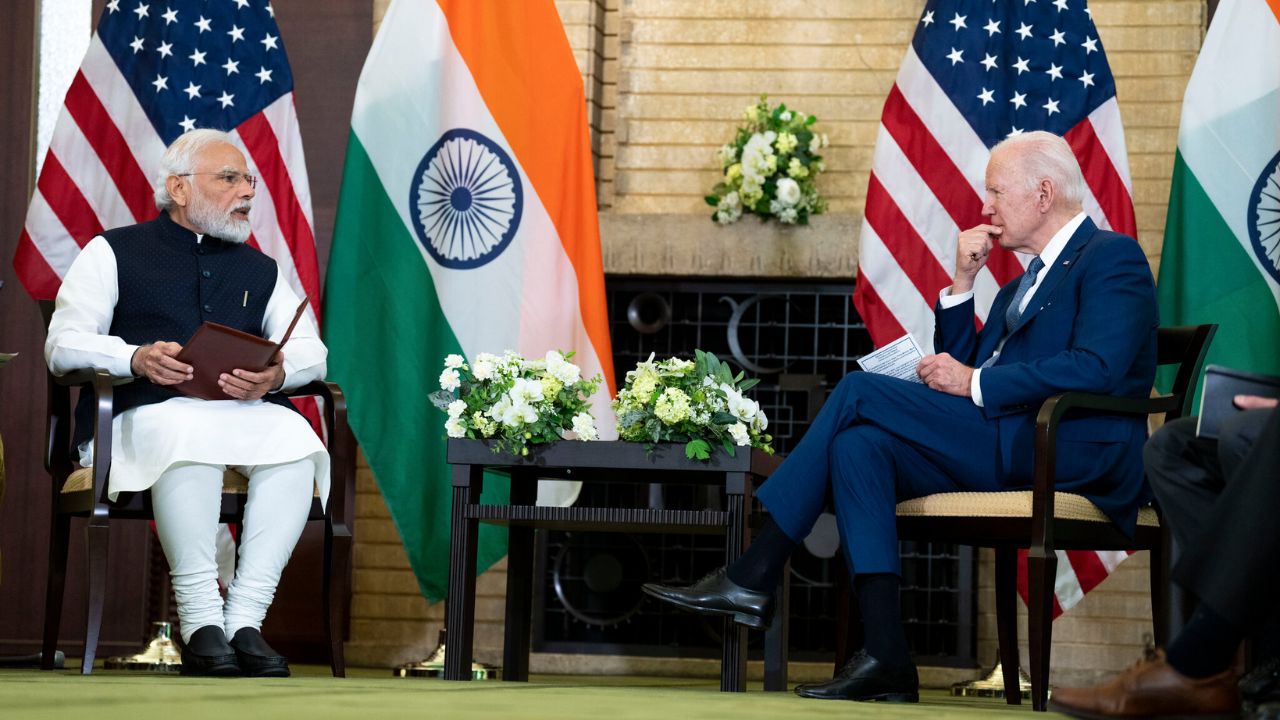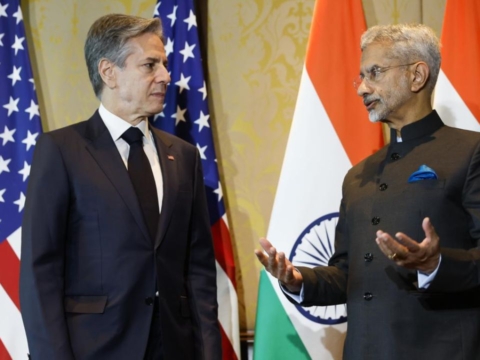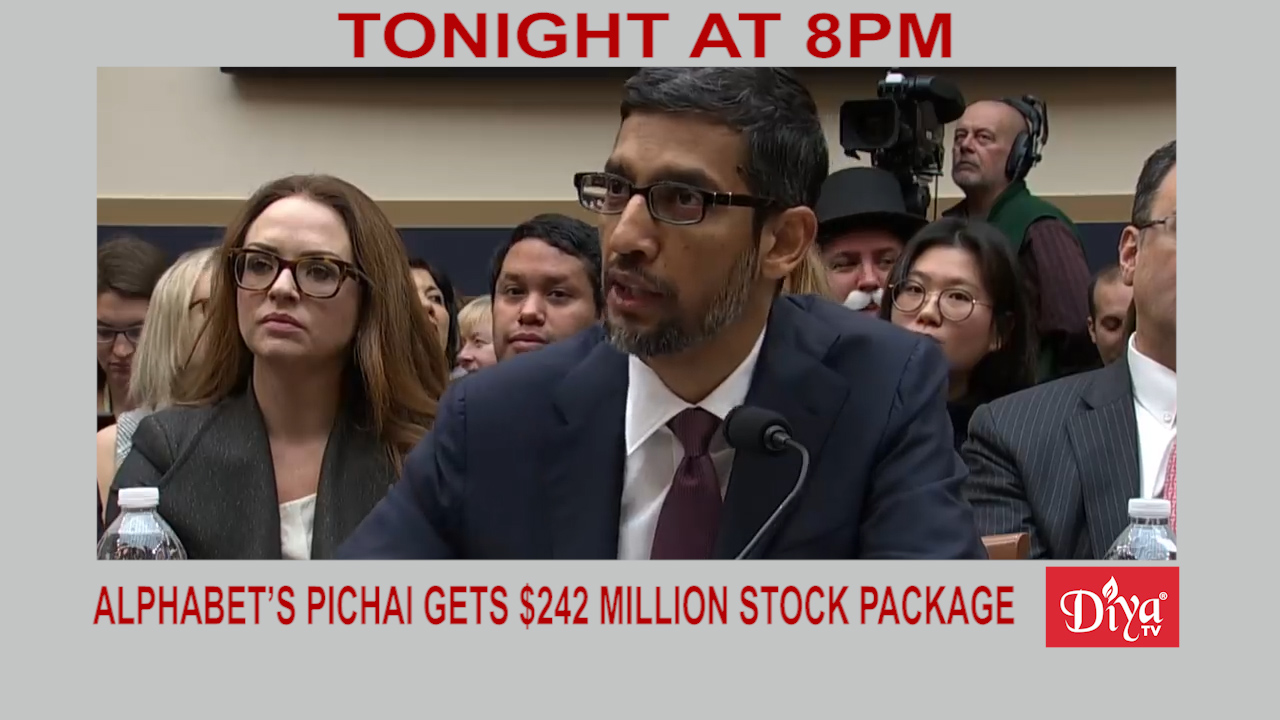WASHINGTON (Diya TV) – In a bid to bolster scientific partnerships, the United States and India are emerging as preferred collaborators, despite facing bureaucratic hurdles and funding challenges. The increasing demand for collaborations comes as the US seeks alternative research partners amid heightened political tensions with China.
US institutions are turning to India, not only as a rich source of international students but also as a potential hub for research partnerships. The 21st Century India Center at the University of California, San Diego, exemplifies this trend, aiming to bridge connections between US and Indian researchers in the face of India’s vast higher education landscape.
While collaborations are on the rise, significant challenges persist, including structural and cultural disparities in higher education systems, regulatory obstacles, and policy hurdles. Heidi Arola from Purdue University emphasizes the need for both governments to reform regulations hindering collaboration and encourage faculty exchanges.
India’s growing scientific influence, marked by its rise in research publications and global rankings, positions it as a promising partner for the US. With shared democratic ideals and academic freedom, both countries have much to gain from collaborative efforts. The recent joint initiative announced by President Biden and Indian Prime Minister Modi further underscores the commitment to fostering research collaboration in space, defense, and emerging technologies.
However, substantial differences in research and education systems pose challenges. India’s underfunded higher education sector and limited investment in research and development hinder its ability to engage in global collaborations effectively. To overcome these obstacles, new models of collaboration backed by generous funding are essential.
The establishment of the India–US Global Challenges Institute by the Council of Indian Institutes of Technology and the Association of American Universities demonstrates a commitment to addressing shared challenges. This virtual network aims to facilitate joint research programs addressing security, prosperity, and stability.
Regulatory bureaucracy remains a significant barrier, with visa processing delays impacting Indian academics’ entry into the US. Streamlining visa processes and legislative reforms are crucial for ensuring smooth research partnerships.
As diplomatic relations between the two nations evolve, universities play a pivotal role in navigating challenges. Clarity around rules for setting up campuses, intellectual property ownership, and compliance measures is essential for foreign universities.
Despite hurdles, sustained efforts, such as Purdue University’s decade-old partnership program, showcase successful collaborations and can serve as a model for future institutional partnerships.




